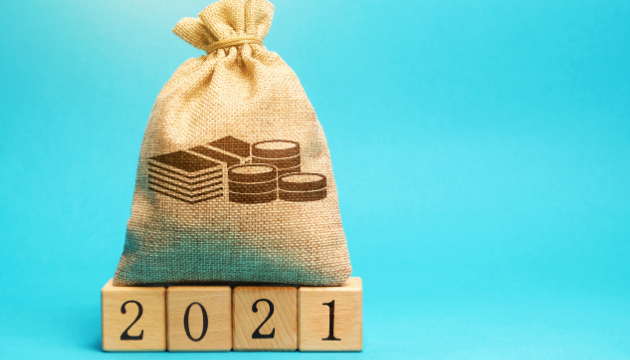Note: It was announced in November 2023 that MoneyOwl will be acquired by Temasek Trust to serve communities under a re-purposed model, and will move away from direct sale of financial products. The article is retained with original information relevant as at the date of the article only, and any mention of products or promotions is retained for reference purposes only.
______________
Three key takeaways on how you can prepare yourself financially for a post-Covid world.
Deputy Prime Minister (DPM) Heng Swee Keat announced a slew of initiatives at Budget 2021 this year. The focus was on helping our local businesses and industries be ready for a post COVID-19 world, providing wage and household support for workers and their families, as well as looking beyond present troubles to create a sustainable and caring home for generations to come.
Here are three key takeaways from Budget 2021 for how you can manage your own personal finance.
1. Invest in your most important financial asset – You
And our Government knows it too! Hence, much focus in this year’s budget is on helping Singaporeans stay employed in the present and remain employable in the future through the following schemes:
- Jobs Support Scheme will be extended to September 2021 to continue offering wage support of up to 30% of wages for workers in the harder hit industries such as aviation, tourism, retail and food services.
- Jobs Growth Incentive will be extended to September 2021 to encourage companies to create up to 200,000 jobs for local workers by providing salary support, with more support for mature, disabled workers and ex-offenders.
- SGUnited Traineeships will be extended to March 2022 to continue supporting up to 35,000 new traineeships for fresh jobseekers from the 2019, 2020 and 2021 graduating cohort amidst weaker hiring sentiments.
It’s only with employment that you continue to receive an income for spending, saving, and investing so take advantage of these initiatives to stay employed and remain relevant to the workforce.
In the post COVID-19 world, the way we work, live, play and shop is going to change forever. As such, the government will be committing S$24bn over the next three years to help SMEs accelerate their digital transformation. Afterall, COVID-19 has been cited as the number one contributor to digital transformation. In which case, you may want to start thinking about what kind of skills you’re going to need to remain employable.
2. Spend within your means
Every year during Budget, we look forward to the goodies we can expect to get in terms of cash payments, top-ups, rebates etc., and this year is no exception. The goodies that have been announced are summarised below. The household support package this year seems comparatively moderate, unlike in FY2019 when we received additional goodies as part of our Bicentennial commemoration.

This’s not to say it’s a bad thing. It’s a reminder that we need to always spend within our means. The distribution of Household Support goodies tend to be more broad based. And during crunch times that we’re in, it’s right to provide targeted support to those who need it most. For those who are unemployed because of COVID-19, you can apply for the COVID-19 Recovery Grant via MSF website, applications open till end of 2021.
The other reminder is that we cannot keep spending and drawing down on reserves without replenishing our savings. DPM Heng had to bring up the unpopular topic of taxes. He assured us that the GST hike from 7% to 9% will not happen in 2021, but it cannot be held off indeterminately and will happen between 2022 and 2025.
In the same vein of collecting more tax revenue, from 1 January 2023, low-value goods which are imported through post and air will be subject to GST to align with current taxation treatment of low-value goods imported via land or sea.
3. Contribute to creating a caring and sustainable society
If you’ve been fortunate enough to remain relatively unaffected from COVID-19, you might want to consider giving back to society. The Government is extending the 250% tax deduction for donations to Institutions of Public Character until the end of 2023. While donations soared in the early stages of COVID-19, many charities have reported lower donations and are struggling to survive as more donors express concerns over their own economic security.
Singapore will also be doing more to reduce its carbon footprint as the threat of climate change is indeed very real. One way it’ll do this is by encouraging the use of electric vehicles and thus an increase in petrol duties by 10 cents and 15 cents per litre of intermediate and premium petrol, respectively with immediate effect. Perhaps it’s timely to think about whether you really need that car and save up on transport expenses. To offset this increase in duty, active drivers of taxis and private-hire vehicle will get a petrol duty rebate of S$360 disbursed over four consecutive months in addition to the 15% road tax rebate that will be given to owners of passenger cars.
In time, my hope is that we all become more conscious about our energy and water consumption and play our part in leaving the world a better place for our next generation. Because it does not matter how much of a financial legacy we leave for our loved ones if there is no world left for them to live in.




